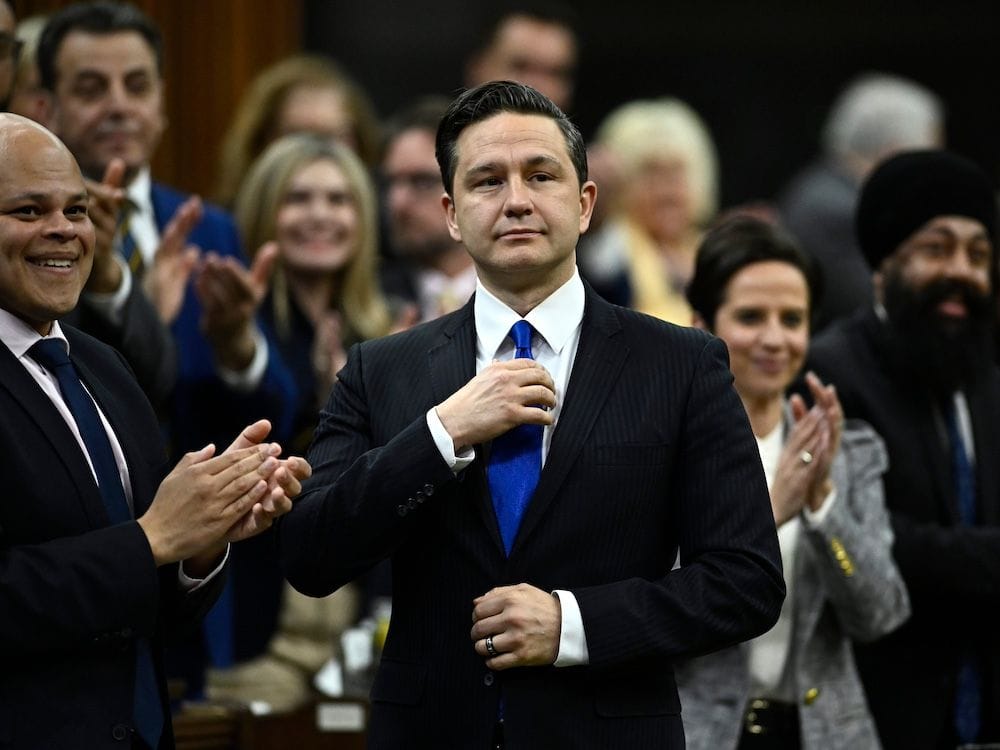Business Leaders and the Trudeau Government’s Tax Policies
The recent capital gains tax hike by the Trudeau government has set the phones of investors and business leaders ablaze with concerns. The common refrain is a call to action, yet many are left speechless when asked what they themselves will do in response. The expectation seems to be that lobbyists will smooth things over, but the reality is proving otherwise.
Prime Minister Justin Trudeau has not shied away from imposing financial burdens on businesses. From increased payroll and energy tax hikes to the stifling of resource sector growth with controversial legislation, the business community has felt the pinch. Notable casualties include TransCanada’s Energy East pipeline and the Teck Frontier Mine, both projects abandoned amidst regulatory turmoil and political pressure.
The response from industry groups has been tepid at best. Beer Canada expressed gratitude for a modest excise tax increase, while the Canadian Federation of Independent Business (CFIB) once praised a minister for a minor administrative concession. The Business Council of Alberta, despite hosting events to court federal Liberals, has seen no reprieve from anti-resource legislation and carbon taxes.
There is a growing sentiment that appeasing a government known for its high-tax, anti-resource stance only invites more of the same. Political incentives drive policy, and without a political cost for detrimental decisions, there is little motivation for change. Conversely, without political rewards for beneficial decisions, positive change is unlikely.
As the Conservative Party of Canada’s leader Pierre Poilievre points out, the current strategy of engaging with politicians through formal channels and lobbying is ineffective. Instead, he suggests a grassroots approach: directly informing Canadians about the impacts of these policies. Whether it’s doctors contemplating migration due to tax burdens or factories halting expansion, the message needs to reach everyday citizens.
Poilievre emphasizes that future policies under his leadership will not be swayed by corporate interests unless they align with the public’s interest. He encourages businesses to communicate the benefits of their policies directly to workers and consumers across Canada. This shift from lobbying to public advocacy may redefine how businesses interact with government and shape policy.
In a historical context, the business community has successfully influenced public opinion, as seen in the free trade campaign of 1988. By engaging Canadians directly, businesses helped shift public opinion in favor of free trade, leading to economic growth and stability.
To combat the latest tax hikes, Poilievre advises businesses to bypass traditional lobbying efforts and instead make their case to the Canadian people. It’s a call for businesses to return to their roots of public engagement and advocacy if they wish to see real change in government policy.






